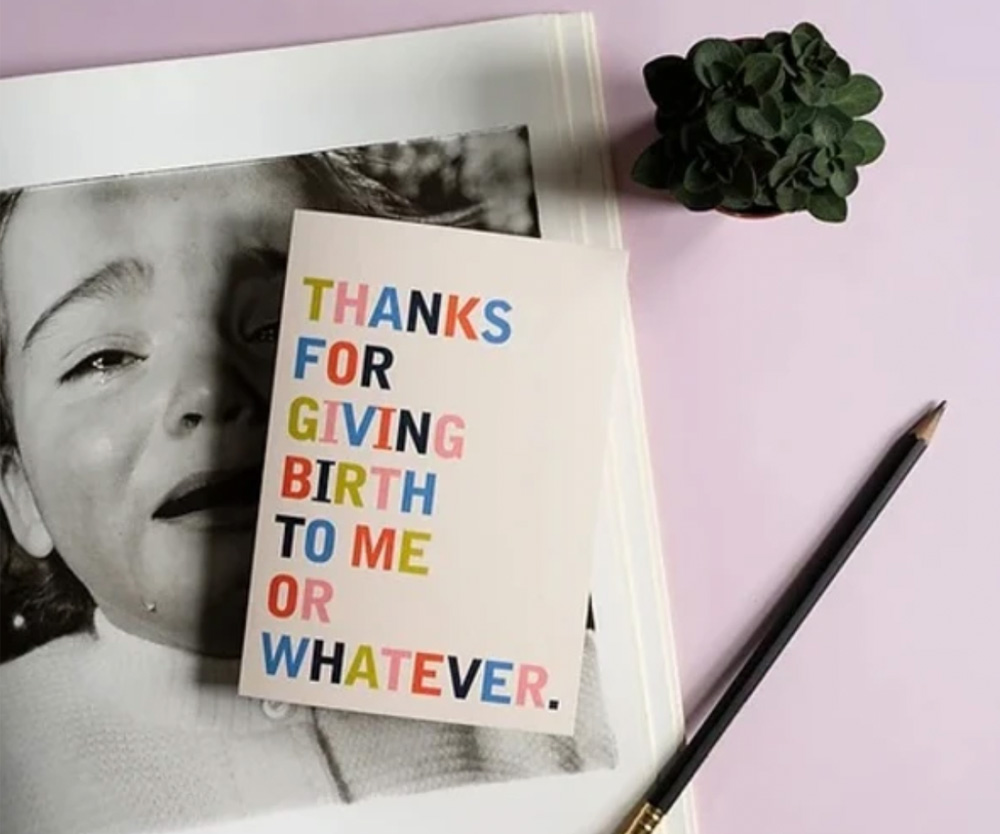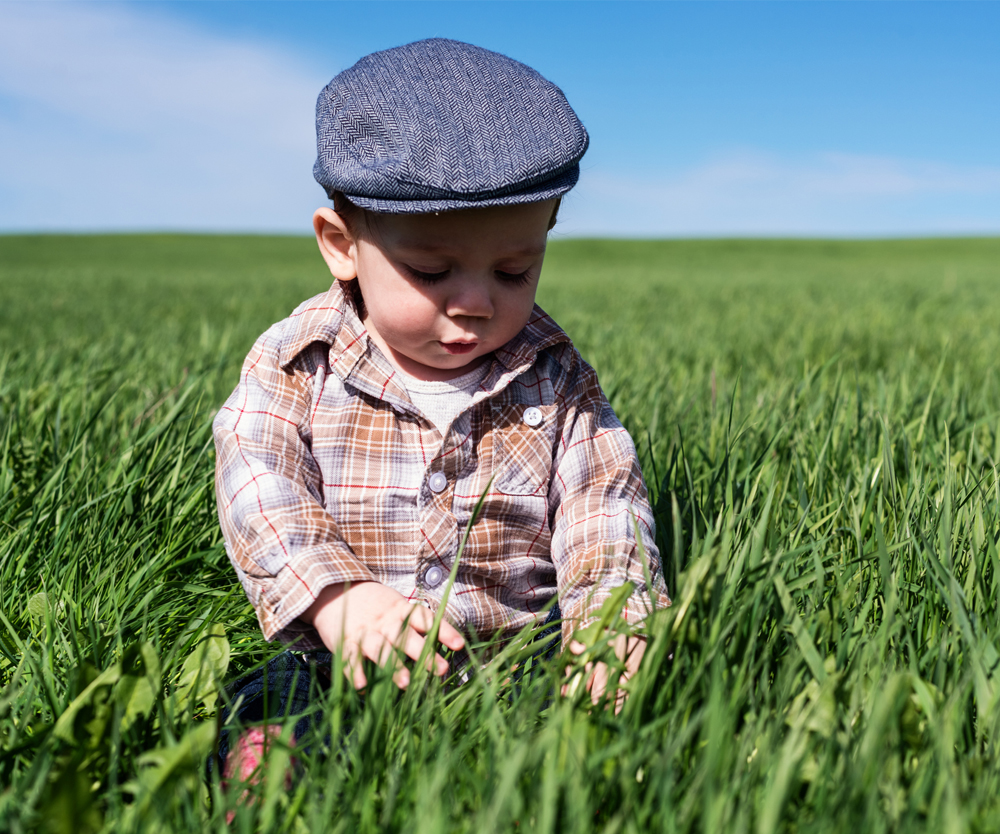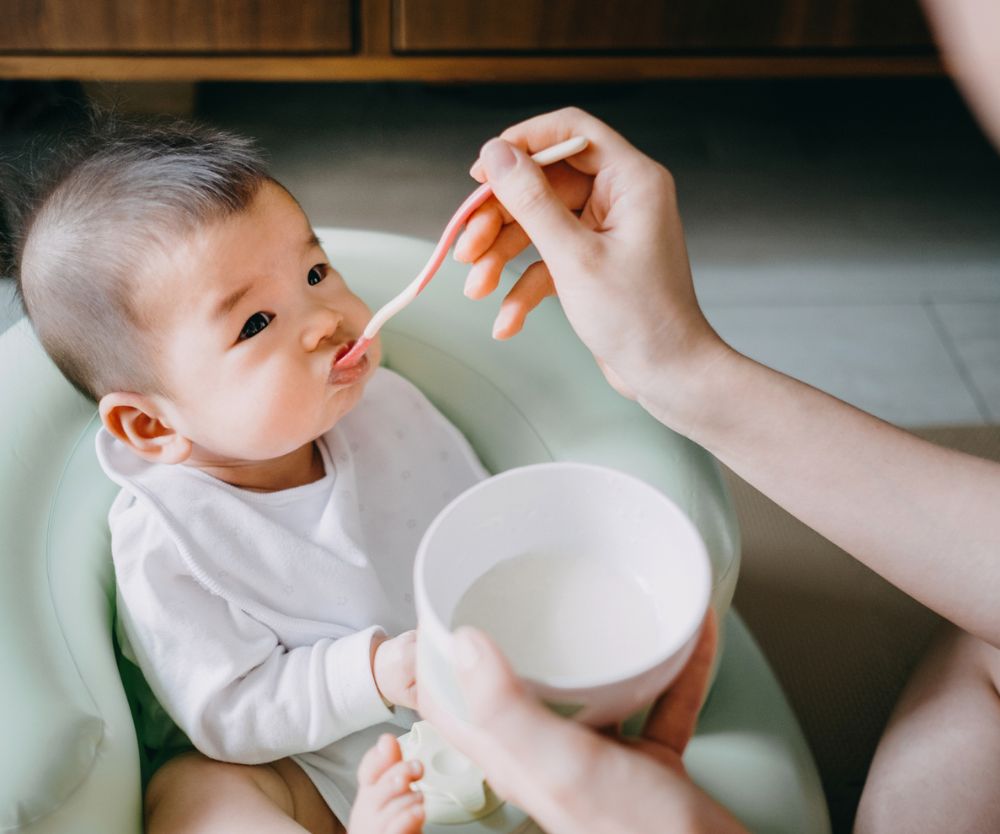Pregnant and feeling itchy? Here’s why you’re scratching and what to do about it
All that scratching's making me itch!
It’s a no brainer that your body goes through countless changes while busy growing a new human, and your skin isn’t left untouched by your increased blood supply, the hormone surges and, of course, stretching.
Some mums-to-be get hormonal acne, others develope linea nigra; stretchmarks appear as do dark patches of pigmentation on the face, called chloasma or melasma. And while these changes might be annoying or upsetting, if you have dry, itchy skin when you’re expecting it can impact how well you sleep – which is already not enough! – as well as getting you down.
The main reasons for itchy skin during pregnancy are harmless, if frustrating, and can be soothed and treated with home remedies or medical advice.
See the most common skin conditions during pregnancy
4 common reasons your skin is itchy when pregnant
Rashes and itchy skin are extremely common during pregnancy, and they are mostly harmless and resolve after giving birth.
1. Heat rash
With a baby on board your blood volume increases, which naturally makes you feel warmer. You may find that you sweat more and this can lead to a heat rash. This is even more common in sunny climates or in the warmer months. A heat rash, or prickly heat, presents as a patch of small blisters, which can be uncomfortable but isn’t a cause for concern.
2. Hives, or urticaria
A hives rash – or urticaria – looks like welts or raised bumps on the skin and is often caused by an allergic reaction, although studies show that hormonal changes may also play a part. Heat can also cause hives, and skin irritation and stress are also factors. Hives are usually harmless, however immediate medical attention is required if they are severe or accompanied by swelling or difficulty breathing.
Scroll down to read how to soothe these itches!

With a baby on board you may find that you sweat more, which can lead to a heat rash.
3. Eczema and atopic eruptions of pregnancy
This common condition can occur as part of an ‘atopic eruption of pregnancy’, which groups together similar pregnancy-specific outbreaks. Along with eczema, there’s prurigo of pregnancy and pruritic folliculitis of pregnancy. If you’ve never had eczema before, the very dry, itchy rash can flare up throughout the first and second trimesters and can recur after you’ve given birth.
As well as bring itchy, prurigo’s rash has small fluid-filled bumps or papules, while pruritic folliculitis create acne-like pimples. These rashes, while unpleasant to live with, don’t pose a risk to Mum-to-be or Bub and usually resolve once the baby is born.
4. PUPPP
Pruritic urticarial papules and plaques of pregnancy (PUPPP) is an itchy, bumpy rash that appears in stretchmarks in the last trimester and may be associated with maternal weight gain or a multiple pregnancy. This ‘polymorphic eruption of pregnancy’ impacts roughly one in 160 women and, while it’s extremely annoying, it is harmless to mother and child and disappears after birth.
Scroll down to read how to soothe these itches!

Itching can be annoying in pregnancy but it’s worth getting it checked by your GP if a rash spreads or if you can’t soothe it yourself.
How to soothe heat rash, hives, ezcema and PUPPP
- Opt for loose-fitting clothing made from natural fibres such as cotton
- Keep your room/home well ventilated
- Use cool water compressions on the rash
- Use a gentle, natural moisturiser such as endota Moisture Rich Belly Butter, which contains intensely hydrating shea and cocoa butters ease dry, itchy skin while the nourishing natural oils of rosehip and argan deeply nourish.
- Change out of damp clothing (from sweat, exercise or swimming) as soon as possible
- Remove or avoid allergens, if known
- Try not to itch – and if you can’t resist, use the soft tips of your fingers instead of your nail
- Reduce stressors, where possible
- Try oatmeal baths
- Avoid fragrances that might further irritate the skin
Your doctor may also be able to recommend or prescribe soothing or steroid creams and antihistamines to help reduce the itching.

Rare skin conditions that need medical attention
These itchy skin conditions are rare and are diagnosed in conjunction with other symptoms. Both conditions need the expert advice of your doctor.
Impetigo herpetiformis
This rare itchy rash is not the same as bacterial impetigo (school sores). It can occur in the third trimester and commonly starts as pus-filled bumps in skin folds, which can become infected and need medical attention. Impetigo herpetiformis may be caused, in part, by low levels of vitamin D and is accompanied by symptoms such as fever and vomiting.
Cholestasis
This condition occurs in the third trimester and causes intense itching mainly on the hands and feet although no rash is present. Cholestatis is aused by a liver condition and may cause complications so it need immediate medical attention and diagnosis. It usually resolves itself a few days after giving birth.
Cases of extreme itching should always be reviewed by your doctor.




